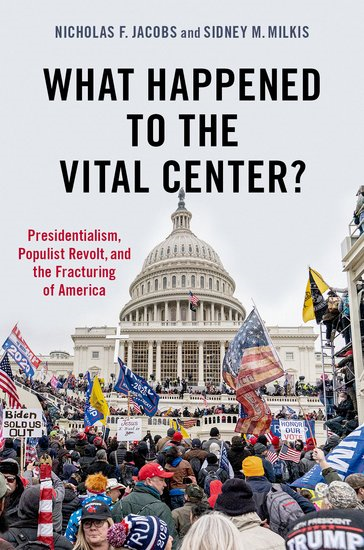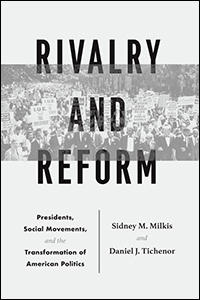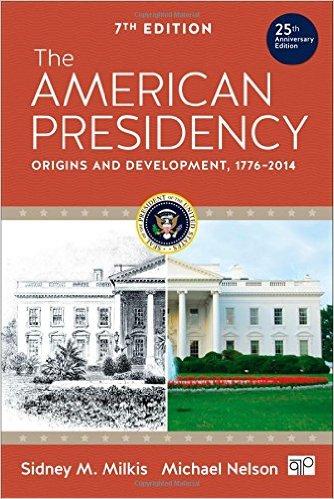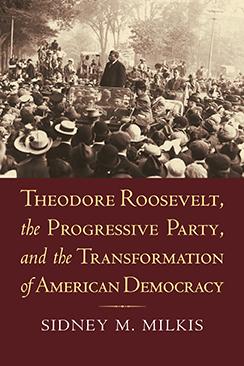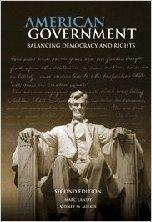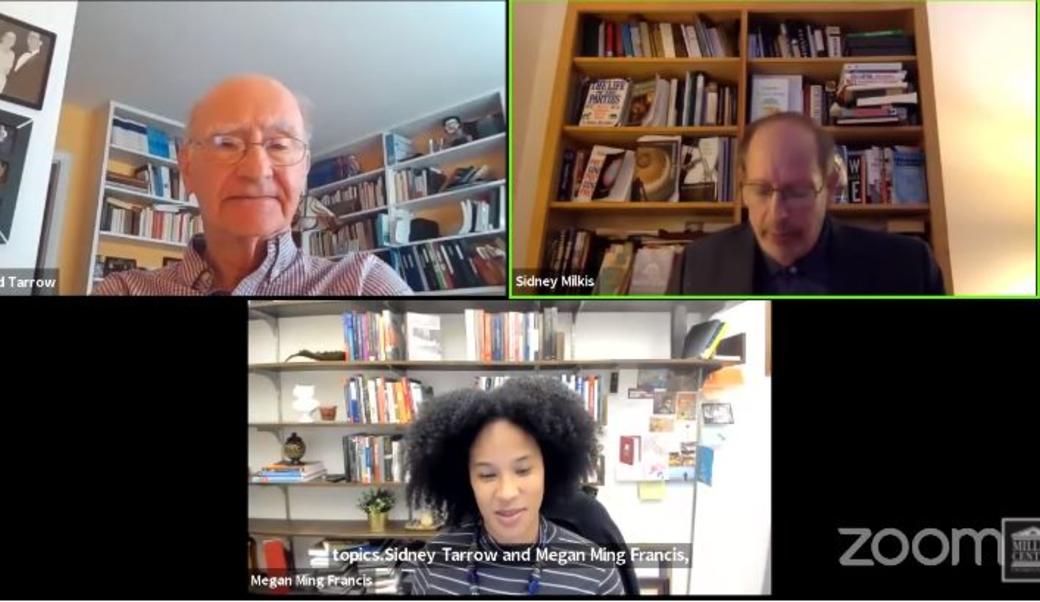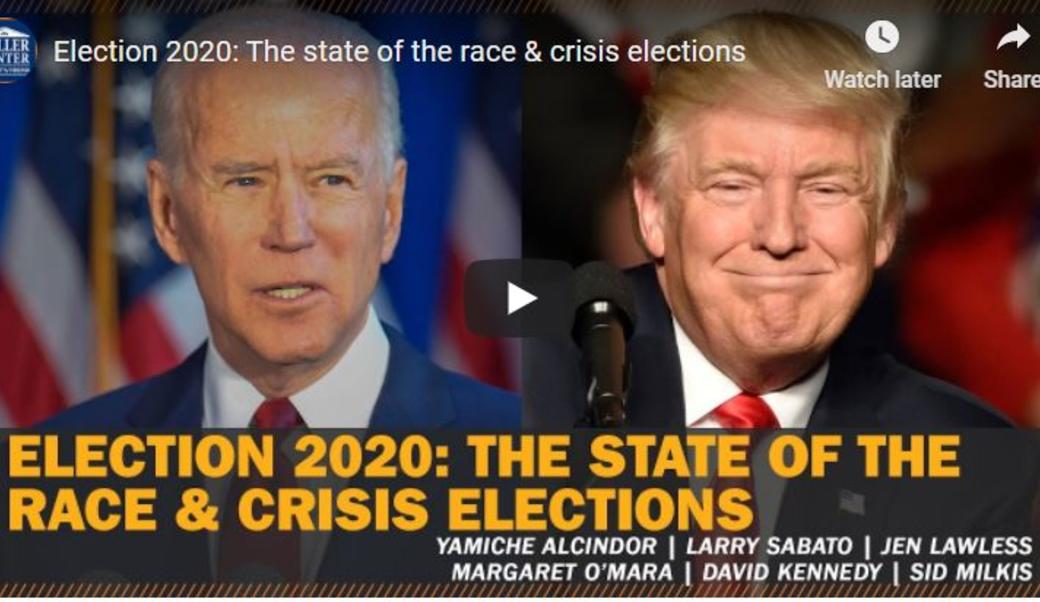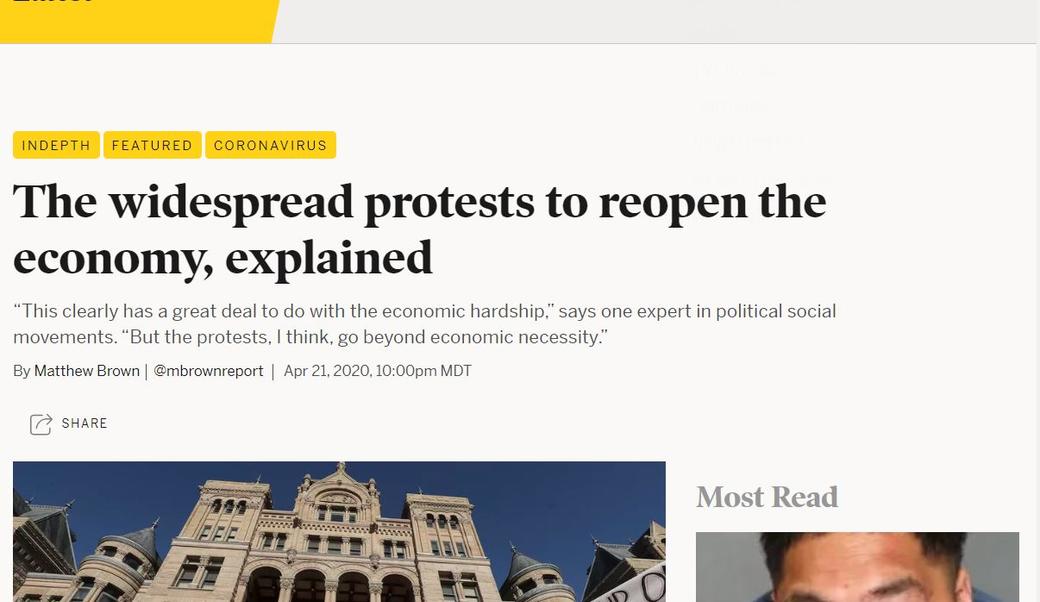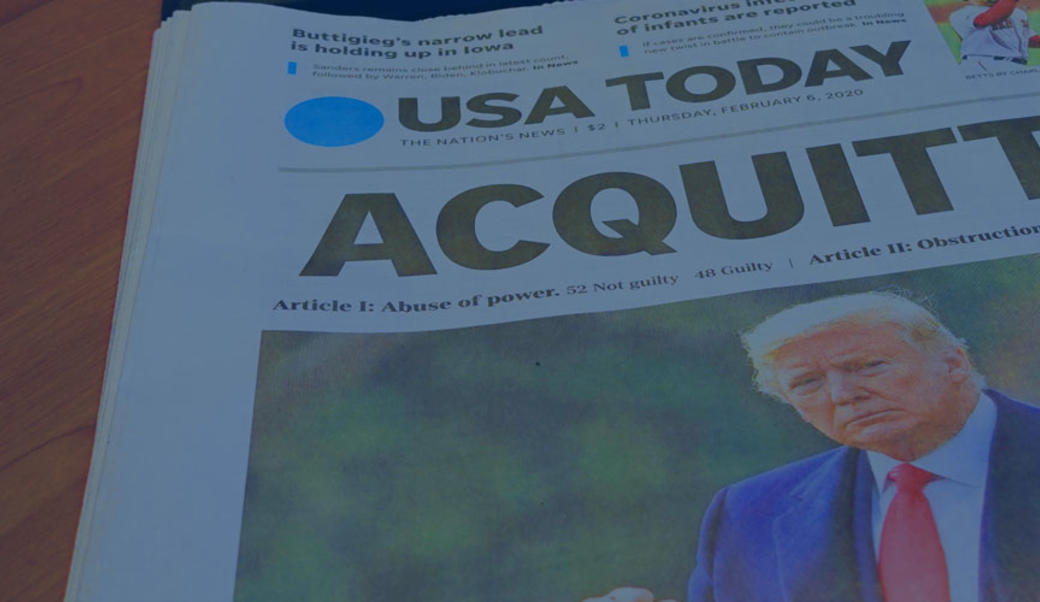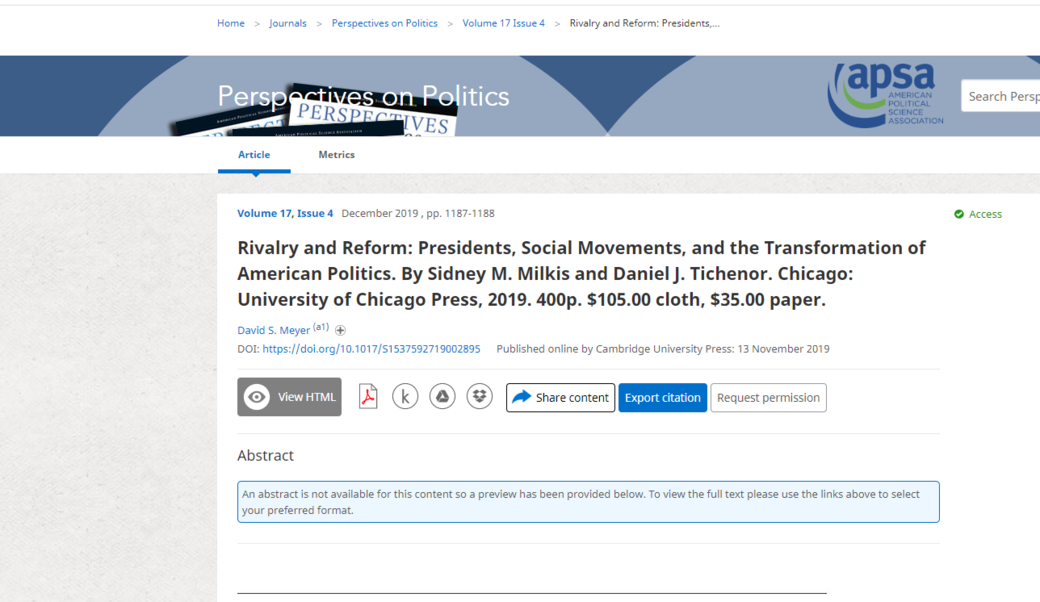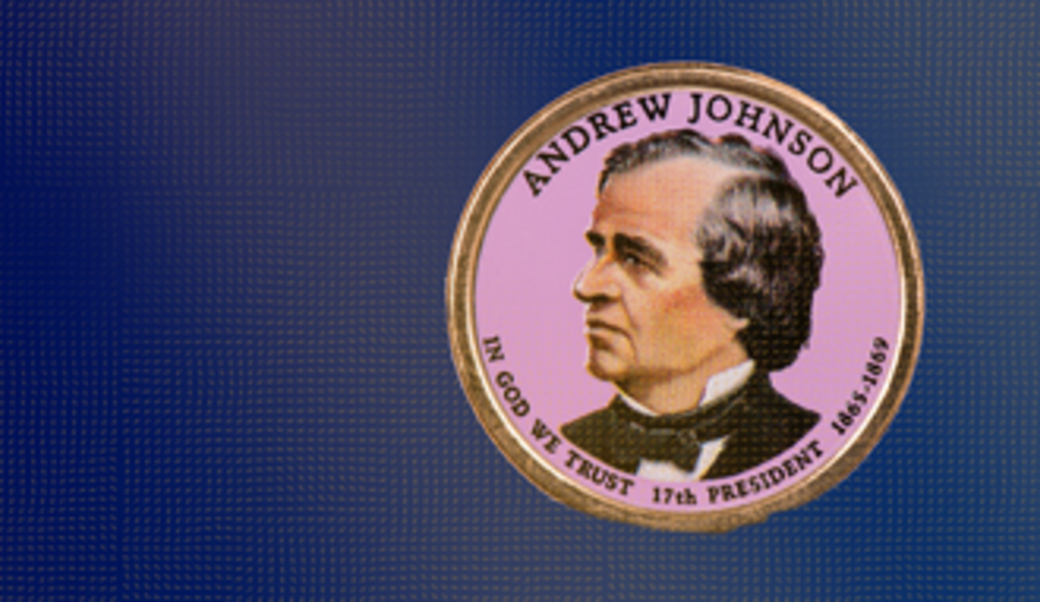White Burkett Miller Professor of Governance and Foreign Affairs
Fast Facts
- Author of What Happened to the Vital Center?
- White Burkett Miller Professor of Governance and Foreign Affairs
- Award-winning educator
Areas Of Expertise
- Social Issues
- Governance
- Elections
- Founding and Shaping of the Nation
- Political Parties and Movements
- Politics
- The Presidency
Sidney M. Milkis is the White Burkett Miller Professor of Governance and Foreign Affairs and a professor of politics. His research focuses on the American presidency, political parties and elections, social movements, and American political development. In addition to teaching undergraduate and graduate students, he regularly gives public lectures on American politics and participates in programs for international scholars and high school teachers that probe the deep historical roots of contemporary developments in the United States.
Milkis earned a BA degree from Muhlenberg College and a PhD in political science from the University of Pennsylvania.
Sidney Milkis News Feed
Has the presidency of Donald Trump spawned a new social movement? What are the core beliefs of his supporters? And how will that affect the presidential election in November? Join us for a conversation with Sid Tarrrow (Cornell University) and Megan Ming Francis (University of Washington), moderated by Sid Milkis, whose book Rivalry and Reform explores the relationships between presidents and social movements.
Miller Center Presents
As we close in on an historic 2020 election, this two-part program begins with an analysis of the state of the current presidential race and then turns to history for an examination of past presidential elections held during times of crisis.
Miller Center Presents
“This clearly has a great deal to do with the economic hardship. How could it not? This is the worst hardship disaster we’ve had since the Great Depression,” Sidney Milkis, a political science professor at the University of Virginia who studies social movements in politics, said of the motivation for the protests. “But the protests, I think, go beyond economic necessity.”
Deseret News
The House impeachment and Senate trial of President Trump—only the third episode of its kind in American history—raise a number of fascinating and troubling questions about American democracy. Did the Trump administration’s actions warrant Congress’ use of this rarely invoked constitutional authority? Did the hope of many scholars and pundits that impeachment would educate the American people about the dangers of executive power disintegrate into partisan theater? How did the Trump impeachment compare with the impeachment investigations of Andrew Johnson, Richard Nixon, and Bill Clinton? How will the impeachment and acquittal of Trump affect his and future presidents' exercise of executive power? How will the Trump impeachment—the first to charge a president running for reelection—affect the 2020 election?
Miller Center Presents
Sidney Milkis and Daniel Tichenor rightly note that the study of movements and politics sometimes falls between disciplinary and subdisciplinary cracks in sociology and political science. Their most welcome book is a powerful argument to jump the cracks and focus on interactions between movements and more conventional institutional politics, particularly the presidency. Reading broadly in social movement theory, and deeply in the cases they present, the authors have opened a wide area of inquiry and provided a substantial first step that is sure to inspire and inform a new generation of scholars.
American Politics
While both presidents are demagogues who faced impeachment, today’s political reality means that Trump can do more damage.
